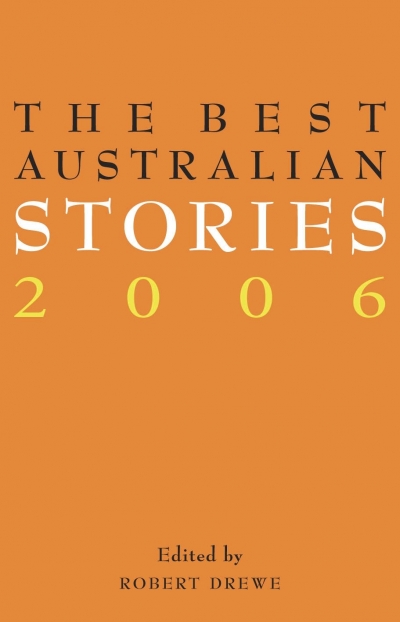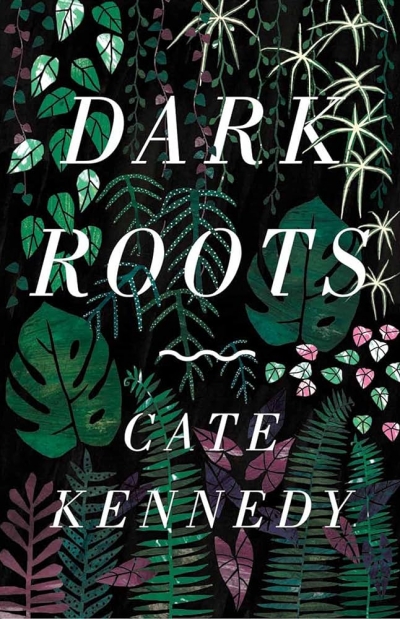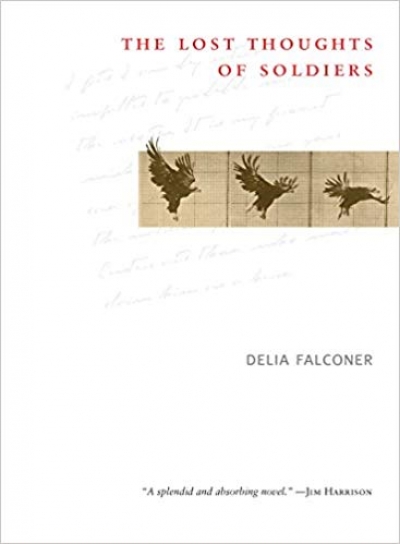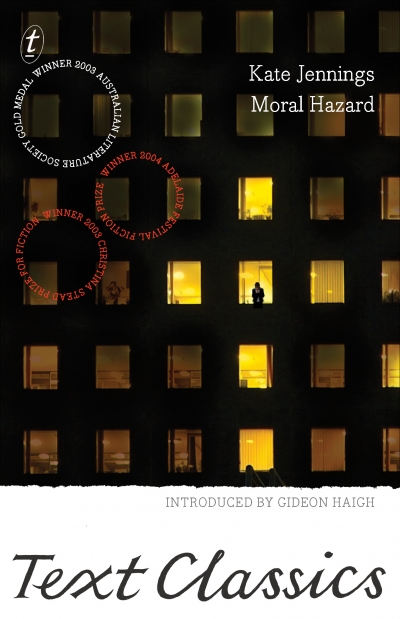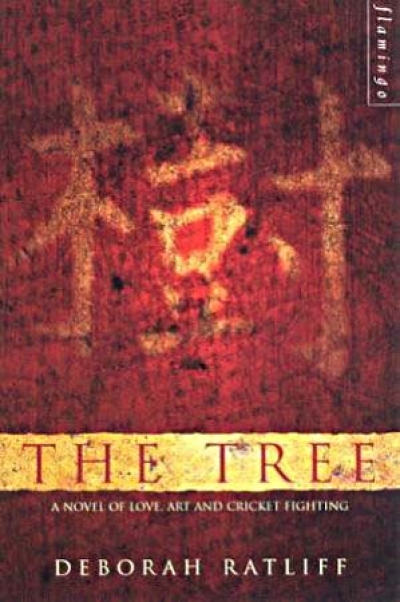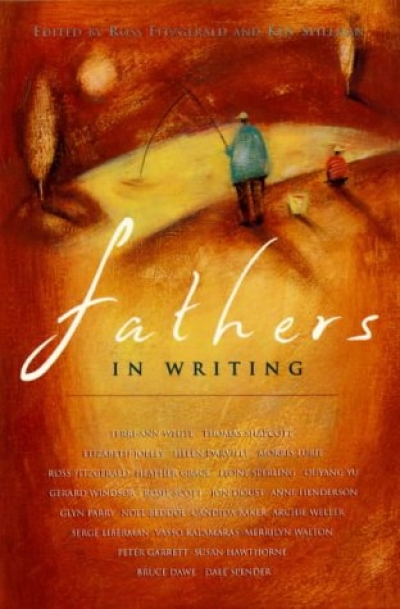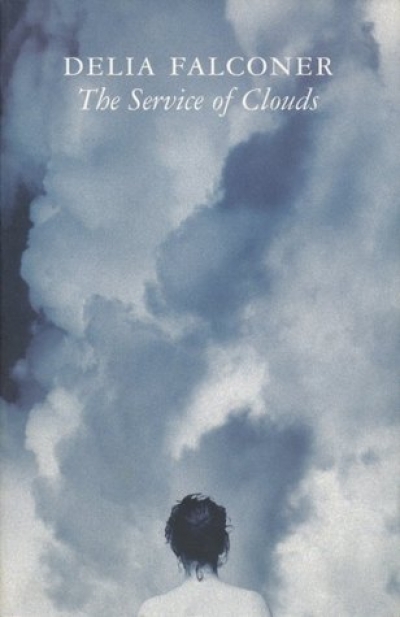Delia Falconer
The Best Australian Stories 2006 edited by Robert Drewe
Moral Hazard by Kate Jennings & Judgement Rock by Joanna Murray-Smith
A friend describes the sensation as being in the movie set of your own life: everything is familiar, but not quite right. Auckland feels like an Australian city that has simply slipped a little, like the accent, to the east. There are hints of Hobart in the crisp sea and the misty sketched-in headlands. And of Sydney, in the over-abundance of harbour, the narrow streets of Ponsonby, which drop away towards the water, the houses filled with quiet light. Perhaps all Pacific cities look pretty much the same these days: here is the casino, the observation tower, the thirties picture palace turned into a Singapore-style mall, the narrow lane with outdoor tables under braziers; the same stands of Westpacs and McDonalds and Lush cosmetics stores. Perhaps what differentiates one city from another now is the sheer volume of traffic forced through its streets.
... (read more)Fathers in Writing edited by Ross Fitzgerald and Ken Spillman
John Docker
Mark Davis’ Voltairean Gangland is one of those rare books that prise open a space for revaluation of the direction of a culture. Like The Dunciad’s evocation of the Grub Street hacks of its time, Gangland exposes tentacular networks of chummy patronage, mutual puffery, and cultural power. Gangland is especially enjoyable on the clown-like behaviour of the ex-Scripsi diaspora – in a curious sexual division of labour, a B-team of male critics, captained by the felicitously named P. Craven, has successfully promoted a coterie of writers like Jolley, Garner, and Modjeska. Compared to those I analyse in Australian Cultural Elites (1974) and In A Critical Condition (1984), this new élite is the most intellectually thin in Australian cultural history. Assisted by a passive, grovelling middle-class readership, it both creates such writers as canonical and then tries desperately to shield their texts from critique and challenge.
... (read more)
